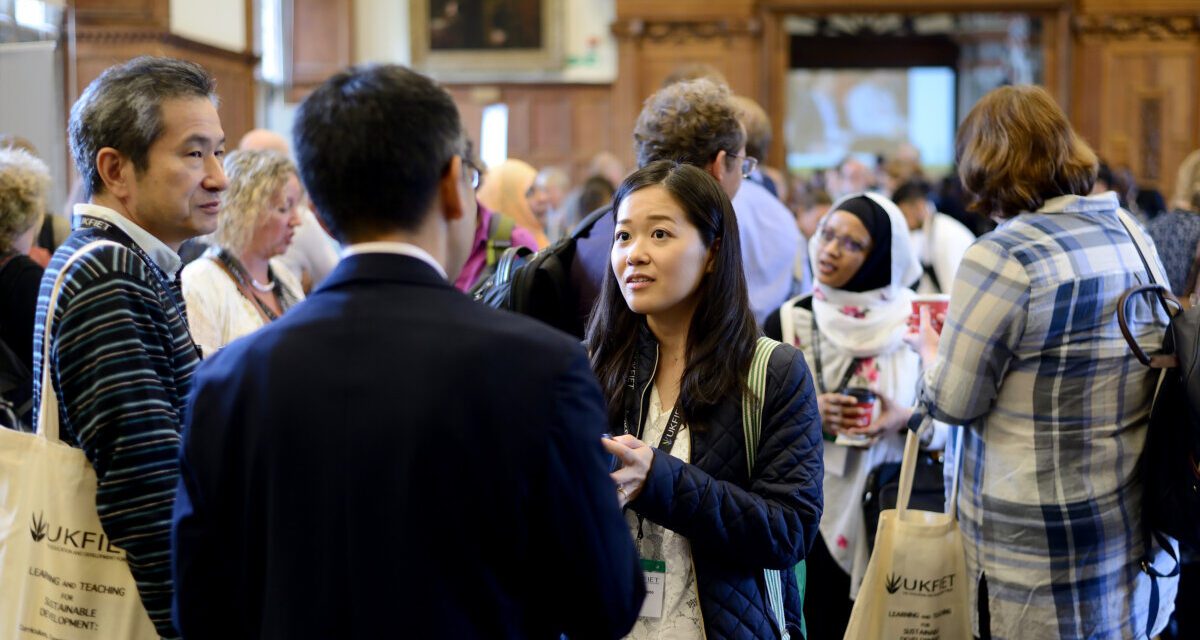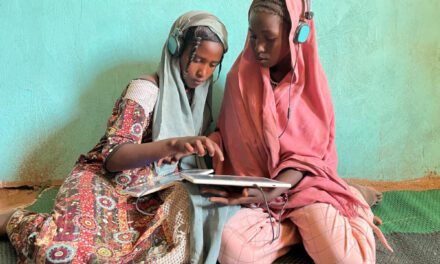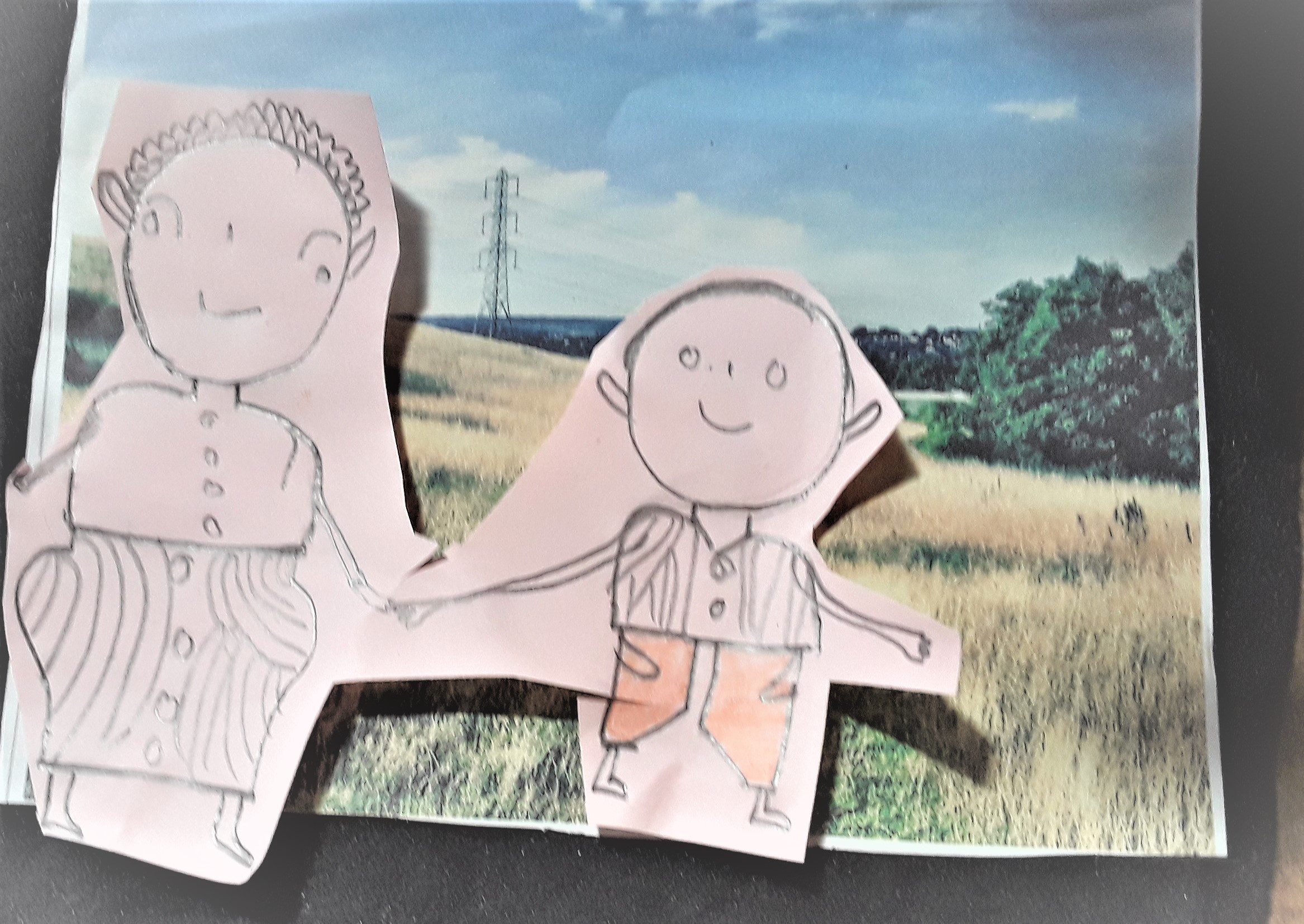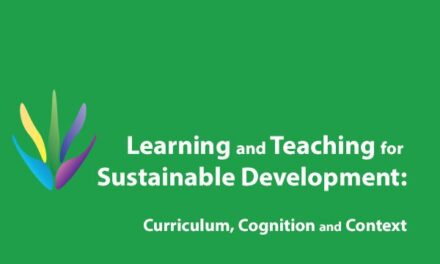This blog was written by Professor Angela Little, Professor Emerita at the University College London Institute of Education and UKFIET Trustee 2008-14 and 2017-23.
I have been privileged to attend every UKFIET conference since its inception, bar one. Through this article, I offer some reflections on how the conference has changed over the years and grown into the event that it is now, with approximately 600 participants from all over the world. I also offer some tips for early career professionals to make the most of their time at the conference and aspire to engaging in the six ‘A’s’.
The biennial UKFIET conference has been held in Oxford since 1991. Known initially as ‘the Oxford conference’, it grew out of several initiatives – the International Journal of Educational Development, established a decade earlier; a series of meetings before and after the landmark ‘Education for All’ conference in Jomtien 1990 among members of the ‘British resource’ for development (academics, policy-makers, practitioners and members of ‘development agencies’); and the longstanding British Comparative and International Education Society (BCIES) and the British Association of Teachers and Researchers in Overseas Education (BATROE). BCIES and BATROE merged subsequently to become the British Association of International and Comparative Education (BAICE) in 1997. In alternate years the annual BAICE conference is shared with the biennial UKFIET conference (see Crossley, King, McGrath and Watson 2020 for an overview).
The conference has always attracted a wide range of interests in education in what today may be termed the ‘Global South’ – researchers, policy-makers, policy implementers and campaigners. Over the years, the composition of interests has changed to include many who work in local, national and international non-government organisations, in the profit and non-profit private sector, and in bi-lateral and multilateral organisations worldwide. Key-note speakers and presenters travel from many more countries in the South to share their insights and experience than was possible in the early days. Until the time of the COVID-19 pandemic, all the conferences were ‘face to face’. COVID-19 nudged us to experiment with virtual communication and now we are able to offer a blend of face to face and virtual sessions, something of which we could not even dream back in 1991!
Early career professionals are attracted to the conference and inhabit the separable but overlapping spaces of what I term the ‘five A’s’: analysis, accountability, advocacy, action and aims. Some of you may be completing your research analyses and degrees; some may be working in a monitoring and evaluation capacity in government, private and non-government organisations with a view to evaluating project/programmes interventions (accountability); some may be ‘users’ of research working in national and international policy and campaigning environments with the main aim of advocating policies and practices; while some may be working as teachers, teacher educators, curriculum developers, young educational leaders, education managers and are expert in and keen to reflect on educational actions on the ground; some may be puzzling over the aims of the educational policies and practices being researched, evaluated, advocated or acted on and the contribution these make to broader development aims.
This range of interests, experience and expertise provides a heady mix – inspiring, energising, challenging and exhausting all at the same time. It can sometimes take time to work out the speaker or discussant’s main agenda. Are they offering a piece of original analysis, a new method of analysis, a piece of research-based advocacy research, a piece of advocacy-based research, an evaluation of a programme of action or an account of educational practices found in a particular context. Are they addressing/questioning the aims of the education policies and practices? Are they addressing these in terms of their broader development goals or are these goals either taken for granted or not questioned?
For some of you it will be your first attendance at the UKFIET conference and the environment may feel unfamiliar and a little strange at first. We are a friendly and helpful international community. Don’t be afraid to ask about anything, whether practical or intellectual. Both in the formal sessions and in the informal activities that surround them, don’t be afraid to ask, to challenge and to offer constructive insights. The more you ask and offer, the easier it becomes in the future. Above all, enjoy the luxury of time the conference offers you for reflection, a renewal of commitment and aspiration for the future. This is the sixth ‘A’!.






Madam…
This Blog indeed gives me confidence and motivates me to look forward to the period of stay in September. Indeed the pandemic created a breakthrough in lifestyle, perception, and outlook. In fact, the third world countries moved 10 yrs forward with technological familiarity, and certainly, communication developed.